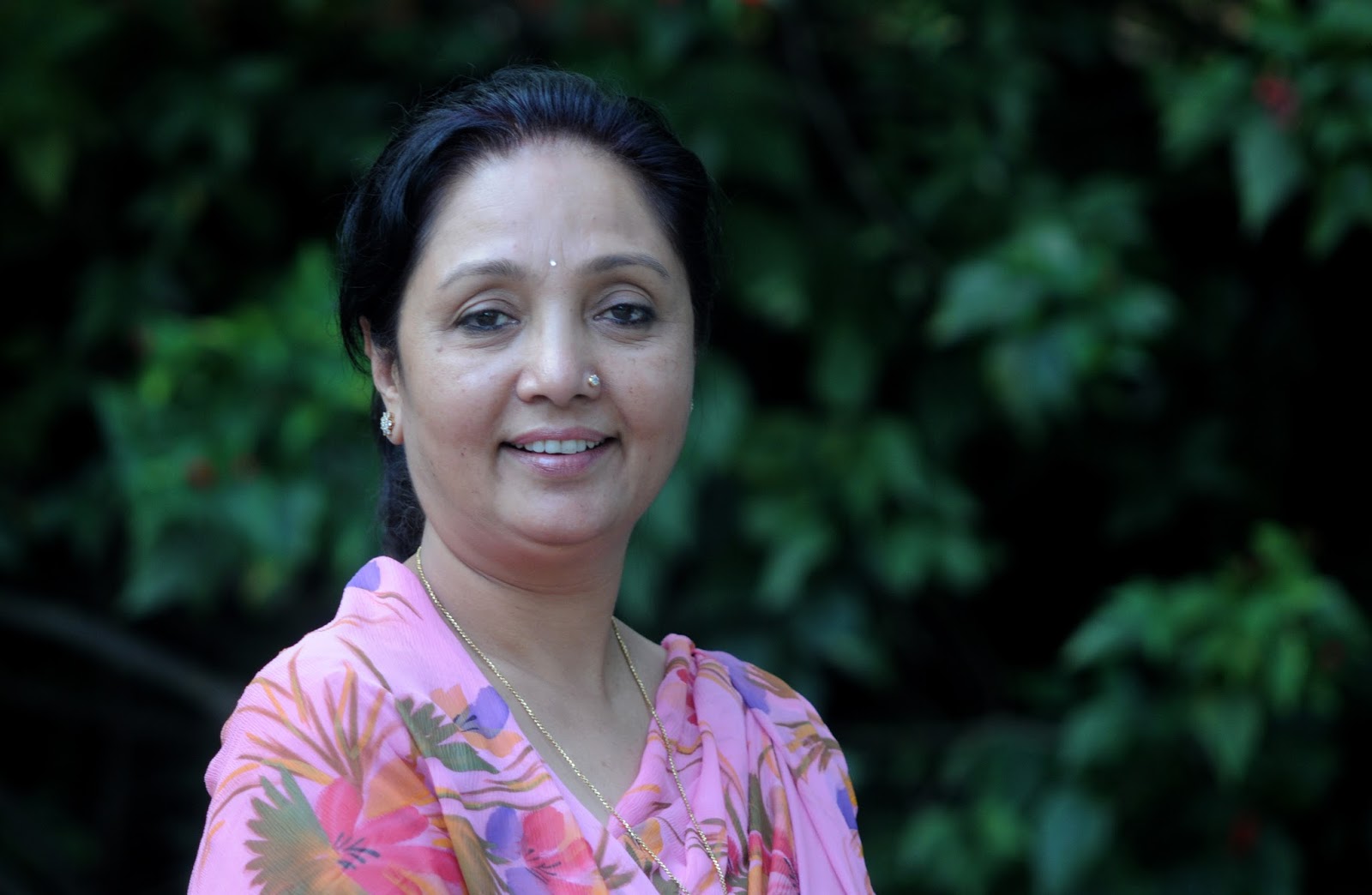International Level
Received ECOSOC Status at the United Nations in July 2011. Since 2011, WHR, with other organizations with ECOSOC status, has been advocating at the global level to address issues and problems related to widowhood.
Organized the “International Conference on Capacity Building of Single Women (widows) in 2005 which declared “The Kathmandu Widows Charter” on the basis of human rights instruments like CEDAW, CSW, UN Security Council Resolution 1325 & Beijing Platform of Action.
The secretariat for the South Asian Network for Widow’s Empowerment in Development (SANWED), a new initiative in the South Asian region to uphold widows’ human rights in all aspects of their lives, put an end to their poverty and marginalization, and eliminate all forms of discrimination against them—legal, social, cultural, and economic.
Organized International Conference on Widowhood: “Widows voices –Empowered” 2010 and the Kathmandu Declaration was developed, which demanded a special rapporteur for widows and a separate desk at N to look after widows issues.
National Level
WHR, due to an active and continued campaign from all its stakeholders, has been able to allow a dignified space for single women in the constitution of Nepal.
WHR has also been able to allocate budget for a three-year interim plan aimed at the empowerment of single women, which is in line with the government’s national policy. This has allowed women in many districts to receive financial aid from their respective local governments.
Compared to previous years, a significant number of single women have now started being socially accepted, while the discriminatory traditional and conservative practices instigated on single women have notably declined, all because of the continued advocacy and lobbying of WHR and its partners.
The media in general have started playing an active role in voicing the concerns of single women, as the single women have jointly started being involved in different activities aimed at their socioeconomic development. WHR has realized that this has helped change the overall perspective of single women in the country.
In cooperation with the Ministry for Women, Children and Senior Citizens, WHR was successfully able to push for criteria to be incorporated in the second amendment of the Regulation of the Single Women Security Fund.
In the year 2019, the state repeatedly resorted to cutting down on or doing away with social security allowances meant for single women and differently-abled individuals. However, WHR conducted advocacy campaigns involving concerned ministries and government departments against such initiatives.
For the first time in history, the Ministry of Women, Children and Social Welfare (MoWCSW) announced its decision to set up an Emergency Trust Fund solely for single women (widows) in Nepal and declared its decision to develop a National Action Plan for Widows in Nepal, in which WHR will be included in drafting, preparing, and enforcing this plan.
WHR submitted point-wise suggestions to the Ministry of Law along with the Ministry of Home Affairs for the amendment of the Social Security Act aimed at single women.
Lily Thapa, founder of WHR, has been nominated as a member of the national-level committee in the National Human Rights Commission COVID-19 monitoring, a think tank member of the Ministry of Women, Children, and Senior Citizens, and a high-level committee member of the COVID prevention and management committee of the Nepal Government.





